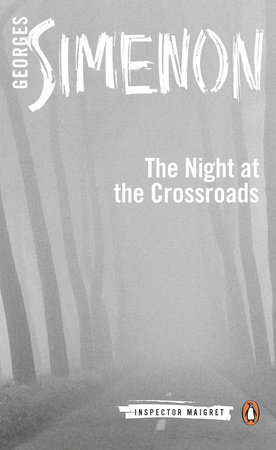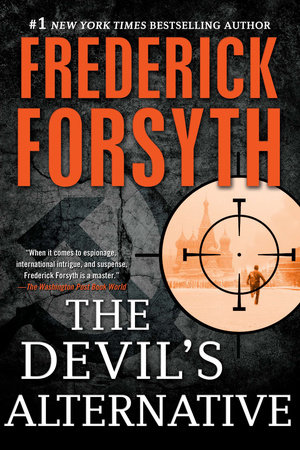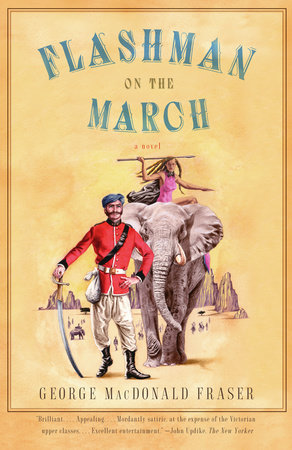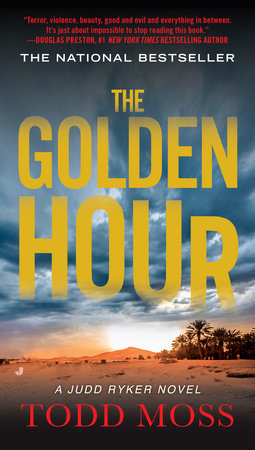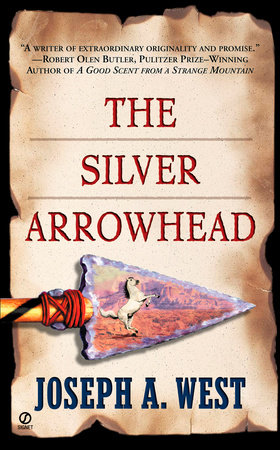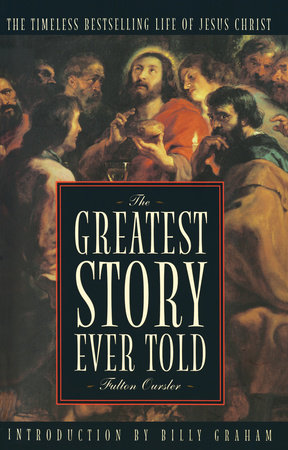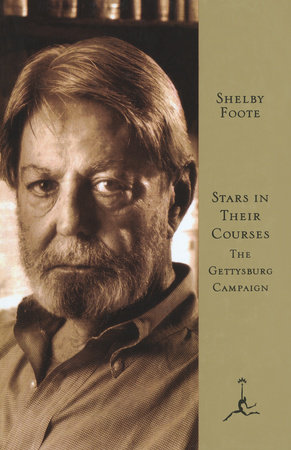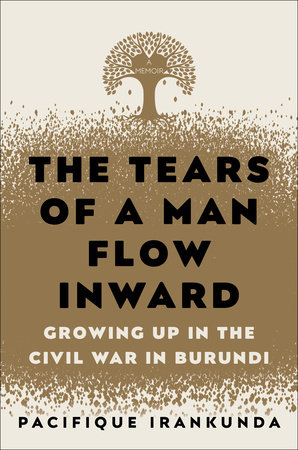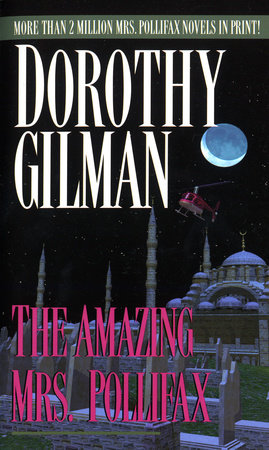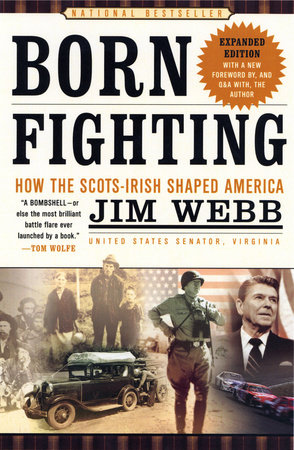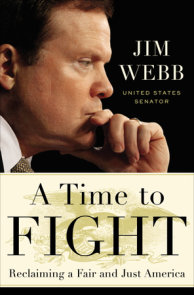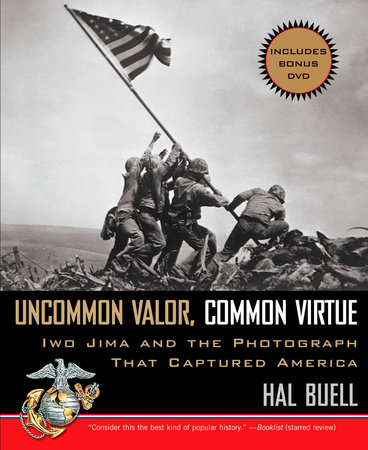Author Q&A
An Interview with James Webb
Author of Born Fighting: How the Irish Shaped America
BROADWAY: You initially tried to capture the Scots–Irish experience through fiction. As the author of six bestselling novels, what challenges did you face while writing this work of non–fiction? How did your expertise as a novelist shape the way you wrote Born Fighting?
WEBB: Although my books have been principally fiction, I’ve also spent a good bit of time as a journalist, op–ed writer, and political commentator, so the idea of writing a nonfiction book was not off the radar scope for me. And with the vast scope of this project, my background as a novelist became a huge plus. The structure of the book is somewhat novelistic — with the Scots–Irish culture as the “main character,” as we watch it grow from its infancy during the formation of Scotland two thousand years ago.
BW: What were your most useful research sources in this project? What findings surprised you?
WEBB: The book interweaves three different narratives, and each of them required different types of research. First, it is a cultural history of the Scots–Irish, from the time of Hadrian’s Wall. Second, it is something of a “bottom-up” look at the evolution—and persistence—of American–style populist democracy. And third, I have woven a number of family stories into the text, to give readers an understandable referent. My research on this book spans three decades. Much of it is academic, and a lot of it is personal, including extensive visits to Scotland and Ireland.
The greatest surprise as I put all of these materials together was the impact of the Protestant Reformation on the Scottish character, and how that experience really created the seeds for populist–style American democracy.
BW: What are the most common misconceptions about the Scots–Irish?
WEBB: Actually, the greatest misconception is that all of the so–called “WASP” cultures are basically interchangeable, and that the Scots–Irish are really no different in their history or cultural makeup than, say, the English settlers who originally populated New England.
BW: Do you think that most Scots–Irish descendants living in America today are aware of Ulster’s history, or of their earlier history stretching from the attempted Roman conquest to the Anglo–Saxon invasions? Are the traits you describe in America’s Scots–Irish—fierce independence, willingness to go to war to defend ideals, distrust of aristocrats—the result of growing up with these ancestral stories, or have these traits taken on a life of their own in America’s identity?
WEBB: I’ve received thousands of letters since the original publication of Born Fighting in 2004. From those letters, and from my own personal history, I think it’s safe to say that most people from this culture—at least those who are interested in such things—seem to have a pretty good knowledge of what happened to their ancestors after they came to America, and many have a generalized notion of Scottish history, and some—not many—have a vague sense of what happened in Ulster. It took me years of research and reflection to put those experiences into context. At the same time, the cultural traits that have been passed down through the generations are pervasive and remain intact.
BW: How did the history of Ulster create a legacy that is very distinct from that of Irish-American immigrants?
WEBB: I would refer you to the book for the details of this distinction. Suffice to say that the “Irish troubles” have never simply been Protestant versus Catholic. They’re much more complex, and part of this complexity is that the Protestant side had its own divisions. The Ulster Scots, who became the Scots Irish, were very different in religion, economic makeup, and cultural background from the Anglican English who controlled the settlement of the Ulster Plantation, and often suffered from the same legal disabilities as the Irish Catholics.
BW: In chapter three you describe the famed “fire team” system of the United States Marine Corps as a testimony to William Wallace. What else has America’s military learned from Wallace, or from other determined warriors such as Robert the Bruce? What could twenty–first–century civilian leaders learn from them?
WEBB: I wouldn’t say that the fire team concept was a testimony to William Wallace as much as a validation of the way that he led and fought. In both cases, these military formations created a “bottom–up” system of control and accountability, rather than a “top–down” structure found in many other military systems. The ground combat traditions of the American military, and particularly the Marine Corps, benefit greatly from this Celtic tradition.
BW: You vividly describe the Protestant Reformation, particularly John Knox’s role, in distinguishing a population that obeyed neither the Archbishop of Canterbury nor the Pope, nor Oliver Cromwell. How did Calvinist attitudes play out in economics, politics, and other arenas that are not officially religious?
WEBB: I mentioned this in an earlier question as the greatest surprise from my decades of research. But let’s be careful–it wasn’t simply Calvinism at play here. It was how the Scots assimilated Calvinist concepts into their own traditions of bottom–up leadership and populist governance.
BW: What would happen if more students came to see the American Revolution as largely a product of Scots–Irish rebellion against centuries of British brutality? Why have these ethnic aspects rarely been emphasized in traditional American Revolution lore?
WEBB: In my opinion, the focus of historians has been on the philosophical and intellectual justifications for the American Revolution, which were most effectively communicated through the writings of an admirable coterie of English–Americans. While this emphasis is deserved, it does not adequately the cultural and military power that came from the Scots–Irish.
BW: Who are the contemporary Andrew Jacksons? What do you suppose he would think of the modern version of populism and those who still live by his code?
WEBB: Andrew Jackson was a unique leader, living in a unique period of our history. He is in my view the most underrated American president. I believe he would commend those political leaders who are attempting to focus on measuring the health of our society by what’s happening among those who carry its workload—the people whom he termed the “farmers, laborers, and mechanics.”
BW: You write of the Confederate secession as being misinterpreted by later historians. How have these misperceptions affected the way the South’s Scots–Irish poor whites have felt about themselves, and about the rest of America?
WEBB: The point I make in Born Fighting is the difference between political rhetoric and personal duty. The question I ask people to consider is, why did the Confederate soldiers fight to the point that they suffered more than seventy percent killed or wounded? Less than five percent of the whites in the South owned slaves, and the slave owners in the North were never asked to give up their slaves as the war raged on. The answer, dealt with in detail in the book, is a sense of duty. The descendants of those Confederate soldiers are largely able to separate the political issues from the personal. When contemporary historians do not, it causes deep resentments.
BW: By running for office, you follow in the footsteps of other accomplished Scots–Irish public servants. In recent years, how has the balance of power shifted between the descendants of the Scots–Irish and the Tidewater aristocrats?
WEBB: The balance of power is of course much differently defined in today’s America, because today’s America is so vastly different in its demography. The best answer to your question is that the Scots–Irish tradition of populist America has spread far beyond the culture, to become the dominant mind–set in working–class America, as well as the core cultural component of what we call “Red State” America.
BW: Why have political parties often misread the Scots–Irish and their role as a powerful bloc of swing voters?
WEBB: I would refer you to an article I wrote for the Wall Street Journal in October 2004, which points out that the Democratic Party forgot about this culture to its detriment, while the Republican Party in recent years has paid great attention to it.
BW: You write that you might not have gone to law school if you hadn’t been wounded in Vietnam. You and your father, who was the first family member to finish high school and also the first to complete college after many years of night school, added a new dimension of education to the Scots–Irish legacy. How does formal education affect the mind–set of Scots–Irish populations? Are they in danger of losing the important forms of informal education emphasized in the past?
WEBB: The Scots–Irish migration to America went directly into the wilderness, unlike virtually every other migration from Europe. There was no educational infrastructure, from the beginning. The isolation of Appalachia, and the decades of colonialism and poverty that hit the entire South after the Civil War, extended this cultural regression. It’s difficult to reverse these kinds of habits, but it’s vitally important that people from this culture do so.
BW: Born Fighting celebrates the Scots–Irish impact on American music. How have these entertainers used the recording industry’s “microphone”?
WEBB: Country music is a truly American art form, which emanated from the Scots–Irish culture and which has been dominated by Scots–Irish writers and musicians.
BW: Your family has an impressive history of military service, passed from fathers to sons and reflecting the endurance of your Scots–Irish ancestors. You also describe your father’s wariness when you were preparing to serve in Vietnam. What advice did you give your son when he expressed an interest in joining the armed forces? What advice do you give to the parents of current military personnel?
WEBB: We are a culture with a proud military heritage. Like most Americans, members of this cultural group rarely enlist for political reason. They enlist because they love their country, and because they wish to honor family traditions. The advice in this area goes to the political leaders who decide when and where our military will be sent into harm’s way: make sure that our military people are being wisely used.
BW: Your election as a senator follows many years of service in Washington, including serving as Secretary of the Navy. How does your Scots-Irish legacy affect your approach to politics?
WEBB: I am at heart a Jacksonian. I believe you measure the health of our society not by what’s happening on Wall Street, but by how well things are going on Main Street, and that the most important ingredient of good governance is fairness.
BW: Why is it important for everyone to know the history of their ancestors?
WEBB: We are a multicultural society. We bring different traditions and cultural experiences to every debate. It is vitally important for all people, not simply the members of one cultural group, to understand the journeys that took place in America. As we’ve seen in recent decades, without such an understanding many Americans, including new immigrants, historians, and public policy makers tend to make judgments based on misperceptions that are harmful to the notions of fairness in our society. And of course, it’s always fun to learn about those who went before us, and the impact they made on our unique society.



